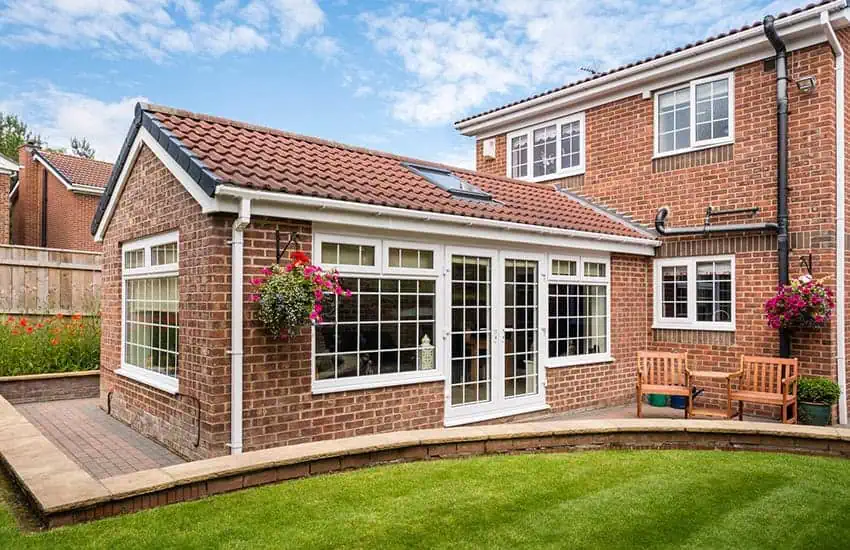Adding an extension sounds exciting. More space, better layout, and a chance to finally have that kitchen-diner or extra bedroom you’ve always wanted.
But before you book a professional builder, there are a few things you need to know – things that can save you time, stress, and thousands in unexpected costs.
Rushing into it without doing your homework is one of the biggest mistakes homeowners make. The build might seem simple, but what lies behind your walls (or under your floor) could cause real trouble later
1. Know What You Can Actually Build
Just because your neighbour added a side extension doesn’t mean you’ll be allowed to do the same.
Every property is different. Planning rules vary depending on your area, the type of house, and even whether it’s been extended before.
Some extensions fall under permitted development – meaning you don’t need full planning permission. But others will need drawings, forms, and sign-off from the local council.
Before you go anywhere near a builder, check what’s allowed. Speak to your local authority or ask an architectural technician to assess your options.
2. Set a Budget – and Be Honest With Yourself
Extensions aren’t cheap. A single-storey rear extension can easily run into five figures – and that’s before you’ve fitted a new kitchen or bathroom.
It’s tempting to start with Pinterest boards and magazine photos, but real budgets have limits. Know what you can afford, what you’re willing to spend, and what’s non-negotiable.
And always set some money aside for problems that crop up mid-build. Because they will
- Think About Layout, Not Just Size
More square footage doesn’t always mean better living. Some extensions make homes feel bigger but not better.
Before you design anything, think about how the space will flow. Will you need to move radiators, windows, or internal doors? Will you still have enough storage? Will natural light still reach the old part of the house?
A builder can’t fix a bad layout after the walls go up. Get it right at the planning stage.
4. Check for Hidden Problems – Especially Asbestos
Older homes often hold unpleasant surprises. Before any building work begins, you need to know what’s behind your ceilings and under your floors.
Asbestos is one of the biggest risks. It was used in walls, ceilings, roof panels, floor tiles, and even pipe lagging right up until the late 1990s.
Disturbing it without proper checks is dangerous – and illegal.
Before you renovate, it’s worth getting an asbestos survey. It’s not expensive, and it could save you a serious health risk and a hefty bill if the builder has to stop mid-job to deal with it.
5. Don’t Rely on the First Quote You Get
It’s easy to get swept up when a builder sounds confident and promises quick results. But not all quotes are equal.
Some leave out important costs – like plumbing, electrics, flooring, or waste removal. Others use vague terms that come back to bite later.
Always get at least three quotes. Make sure each one is broken down properly. And ask what’s not included – because those are the bits that often catch people out.
6. Get Your Paperwork in Order
Before work begins, you’ll need building control approval – even if you don’t need planning permission. That means drawings, structural calculations, and regular inspections during the build.
You should also have a written agreement with your builder. Not just for the price, but the start date, payment stages, and what happens if something runs late.
A handshake and a smile won’t protect you if things go wrong.
7. Think Beyond the Build
Once the walls are up, the real work begins. Fitting kitchens, flooring, lighting, painting, and all the other details that make the space liveable.
Plan this early. Know your lead times. Some kitchen fittings take months to arrive. Some flooring specialists get booked up fast.
The more you plan in advance, the smoother the finish will be.
Final Thought
An extension can transform the way you live. But it’s not something to dive into without a plan.
Know the rules. Set a budget. Check for hidden risks like asbestos. And don’t rush to sign anything until you’ve done your checks.
A builder can bring your ideas to life – but only if you’ve taken the time to get the basics right first.

